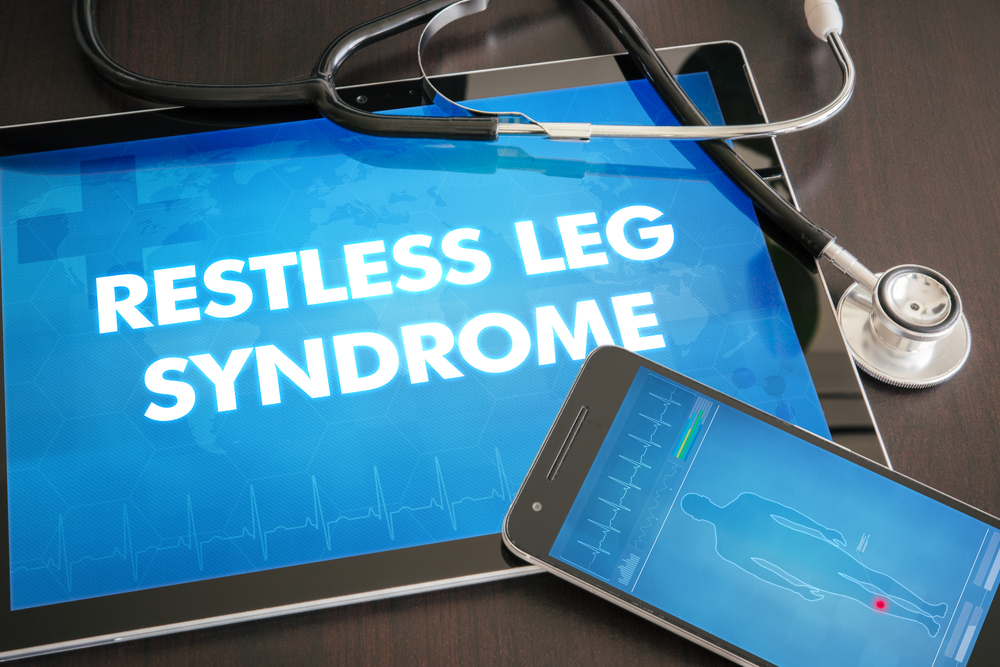
Restless Legs Linked with Brain Changes
May 31, 2018
Learn About Leg Vein Problems
July 11, 2018Individuals that suffer from vein disease may be concerned about the cosmetic and medical effects of this condition.
More specifically, many patients worry if damaged valves and veins in the legs can negatively affect the functioning of the heart. The answer is no.
However, heart conditions can complicate and make vein disease worse. Here are some of the ways that your heart health can impact your leg veins.
What Is Venous Insufficiency?
Venous insufficiency is a chronic condition that occurs when damaged valves and veins are unable to properly return blood to the heart. Consequently, blood begins to pool in the lower extremities.
The increased pressure results in bulging veins that leak fluid into tissue and cause leg swelling.
Damaged Valves and Veins in the Legs Do Not Affect Heart Valves
Gravitational pressure builds from below the diaphragm to the toes and places stress on valves and veins in the legs and lower extremities.
The heart is located just above this point of gravity and is thereby not affected by its pressure.
Pooling of Blood in the Legs and Lower Extremities Does Not Impact Heart Function
When blood pools in the legs as a result of venous insufficiency, it can cause color changes, ulcerations, swelling, throbbing, aching, burning, itching, heaviness, tingling, and cramping.
While these symptoms may cause pain or discomfort, the pooling of blood does not impact heart function.
Heart Conditions Can Worsen Vein Disease and Symptoms
On the other hand, a heart condition, such as congestive heart failure, can negatively impact leg health and place greater stress on compromised veins and valves.
More specifically, if a patient’s heart in not properly perfusing blood, it can cause increased pressure that pushes fluid outside of the veins. As a result, the legs can swell significantly.
Therefore, it’s essential that heart disease is managed and treated by a cardiologist to improve cardiac functioning and prevent the worsening of venous insufficiency.
For additional information on heart health and leg veins please call the Vein Center of Maryland to schedule an appointment.
We are conveniently located in Westminster, Eldersburg, Baltimore, Hunt Valley and Bel Air.



